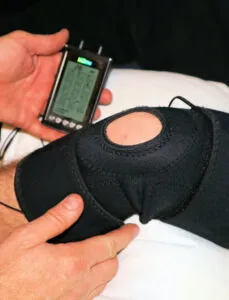
Transcript:
Generally, lawyers in Georgia are required to keep confidential all information provided by clients relating to legal representation. Along with being one of the oldest, this privilege is one of, if not the strongest, obligation of silence required under the law.
Justice and access to the justice system as one of our society’s greatest values. Allowing people to speak freely to attorneys about their legal matters, without fear of repercussion, allows the lawyer to provide the best advice possible. This is absolutely necessary for the administration of justice and for proper legal representation.
Generally, the attorney-client privilege extends to communications between not just clients and lawyers, but potential clients and lawyers. In other words, if you approach a lawyer in person, and you state your intent to provide information to that lawyer for the purposes of receiving a legal opinion, then the privilege is invoked even if no money has been exchanged.
The privilege protects both verbal exchanges and written communications. So for example, emails, letters, or texts to your lawyer will be protected by the attorney client privilege. However, tangible items, like papers or affects, that were not created with the intent to communicate with a lawyer will not be protected. For example, pictures that you take at the scene of a car wreck, medical bills, and texts or emails to people other than your lawyer, then forwarded to your lawyer, are not protected.
Some exceptions to the attorney-client privilege in Georgia are when the information received may prevent immediate and substantial financial harm, serious injury, or death. Also, the attorney-client privilege may be lifted where a former client accuses the lawyer of malpractice.
If you or a loved one have been injured, and you are not sure who you can talk to, then please feel free to call and speak to an experienced Atlanta personal injury lawyer at Schenk Smith today.



